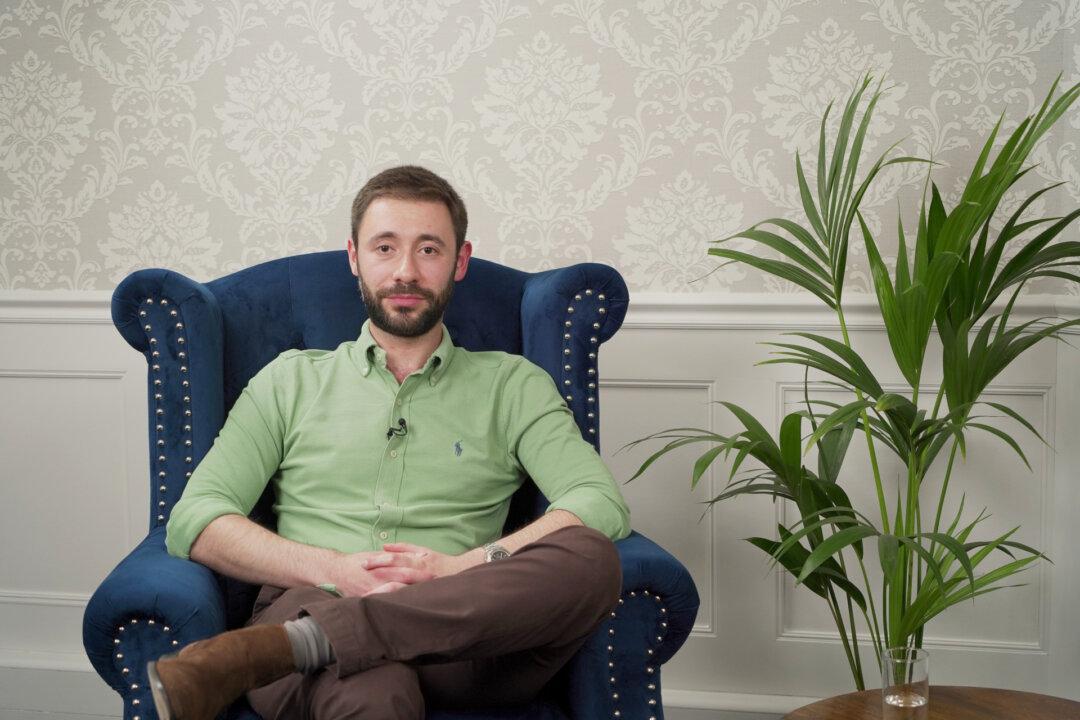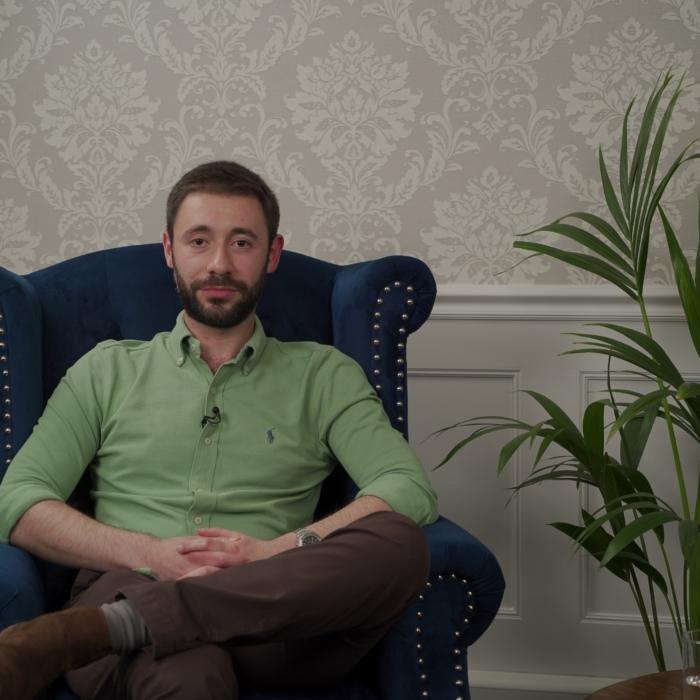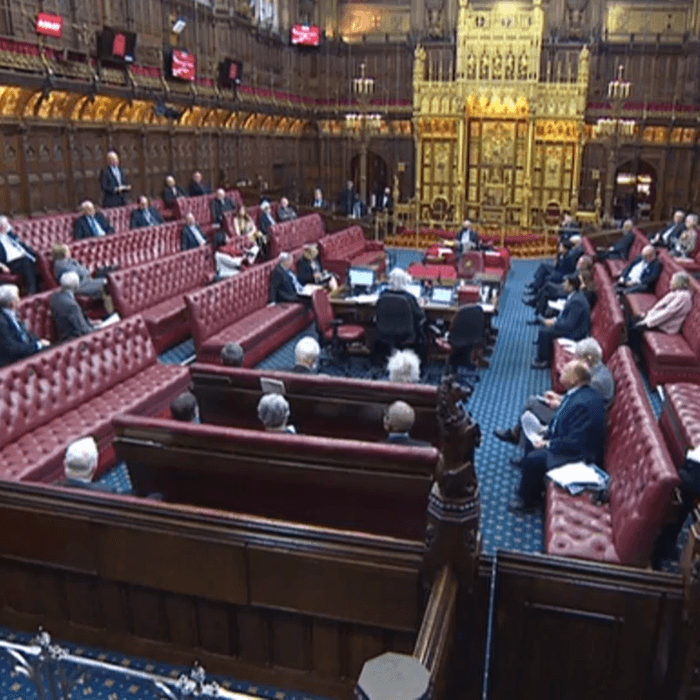A trainee psychotherapist who was thrown off his course for expressing so-called “gender critical” beliefs has received an apology from the institute where he was studying.
James Esses, a former barrister and civil servant, was expelled from his Master’s course in Integrative Psychotherapy at the Metanoia Institute in London in 2021 after campaigning for greater safeguarding of children suffering from gender confusion.
‘Vindicated’
Esses said, “Finally, after having the vocation I loved so much snatched away from me, and the years of abuse that have followed, I feel vindicated.“This, coupled with the outcome of my litigation against the UK Council for Psychotherapy, means that I have closure at last.”
Esses has said he first became concerned about gender ideology and what he termed “horrific safeguarding issues” when working for Esther Rantzen’s charity, Childline, when he discovered the LGBT charity Stonewall was involved in producing its training materials.
Esses launched an online petition in April 2021 highlighting concerns that the government’s proposed ban on conversion therapy could potentially end up criminalising medical professionals who would not simply “affirm” the chosen gender identity of a child who believed they were “born in the wrong body.”
‘Discrimination was Unlawful’
The institute, based in Ealing, west London, said in its statement: “Metanoia recognises that gender-critical beliefs are protected under the Equality Act 2010. These are the beliefs that sex is binary, immutable and biological and is fundamentally important.“Whilst Metanoia specialises in professional training for those working in adult and not child psychotherapy it accepts as a matter of general principle the validity of the professional belief that children with gender dysphoria should be treated with explorative therapy, rather than being affirmed towards medical intervention. Discrimination against students because of these beliefs is unlawful.”
The statement acknowledged the “changing political landscape” in the field of gender dysphoria, including the “significance” of the UK Council for Psychotherapy’s withdrawal from the 2017 Memorandum of Understanding on Conversion Therapy on child safeguarding grounds, and the outcome of the Cass Review, which laid bare how children with complex mental health problems had been placed on inappropriate and harmful paths towards drugs and surgery.
“We accept that Mr. Esses’ advocacy on this subject matter was motivated by a desire to protect children,” the institute added.
“We also recognise the importance of freedom of speech within educational institutions and the steps taken by the government in this regard, including the recent introduction of the Higher Education (Freedom of Speech) Act 2023.”
The statement further acknowledged that its treatment of Esses was in breach of its own policies because he was expelled from his course without due process, with no hearing or internal appeal.
The institute had published details of Esses’ expulsion on social media and in other communications, which it accepted in its statement had led to him receiving online abuse. The statement apologised for this and said it condemned the abuse.
‘Lessons Learned’
“As a consequence of his expulsion, Mr. Esses was barred from the opportunity of completing the additional two years of his studies and receiving his qualification with the Institute ... We apologise to him for the impact of his expulsion, both professional and personal,” the statement said.Since his expulsion from the course, he has co-founded a website, Thoughtful Therapists, and worked as a social commentator and journalist focusing on gender ideology more widely as well as the harm it causes to children.
He thanked his legal team and supporters and said he hopes the outcome of his case will ensure that educational institutes “think twice” before treating another student in the same way again.
“Please know that, whatever direction my career may take, I will never stop fighting for the wellbeing of children and the preservation of biological reality,” Esses added.
His is the latest in a series of recent cases where institutions, including local government, universities, and professional bodies such as Social Work England, have been found to have discriminated against people holding sex realist views.







